UP HOLDS SYSTEM-WIDE CONFERENCE by cristina pantoja hidalgo
| UP HOLDS SYSTEM-WIDE CONFERENCE by Cristina Pantoja Hidalgo Vice President for Public Affairs University of the Philippines System |
| Thursday, June 4, 2009 |
| The University of the Philippines marked the beginning of its second century with a UP System-wide Conference named “The Challenge of Being a National University: Looking Toward UP’s Second Century” at the Subic Holiday Villas in Olongapo City last May 20-22. The conference brought together some of the University’s most brilliant minds and representatives of the different sectors—university officials, centennial fellows, faculty, research staff, non-academic staff, students and alumni, selected by UP’s 7 chancellors and the UP President—and tasked them with taking the first steps in designing what might serve as a blueprint for the University’s next century. UP President Emerlinda R. Roman’s opening address, “After 100 Years, Where the University?” presented a quick summary of those Centennial Lectures which had focused on an assessment of UP, and invited participants to address the challenges and issues raised. To deserve the title of “National University” granted by its new Charter, UP must now “take a long hard look at ourselves, and answer some tough questions,” she said. She went on to name some of the questions: “How far and in what ways are we willing to evolve in order to live up to our name as the National University? How do we clarify what is public in the public nature of UP? How does academe best serve the nation? What are the principles and policies to which we will hold fast because they embody our deepest, most important values? How do we hope to effectively pass on these values to our students, many of whom are overwhelmed by the complexity and confusion of the environment they must survive in?” Keynote Speaker, Professor Randolf David of UP Diliman, sounded a similar note in his speech: “The Burden of Being a National University.” “As our society moves in the direction of modernity—i.e., in the direction of greater functional differentiation—there is an urgent need for us to rethink and maybe reshape the space we occupy,” David said. He cautioned against trying to respond to every conceivable challenge because this simply cannot be achieved, and urged instead that the University perform “its work better than any possible alternative at a given moment, and in so doing (solve) a key problem for the larger society of which it is a part.” David stressed that for a university, “that problem basically revolves around the production, acquisition, and transfer of useful knowledge. To put it bluntly: we hold the franchise on knowledge in our society.” But recognizing that a great university is expected to produce knowledge that is relevant to society’s needs and graduates who will be leaders of that society, as well as to play a role in the cultural development of the nation, he emphasized the need to “secure our status as a university in the first instance through superior research and instruction;” to “raise the quality of public discourse;” and to produce students who are leaders with a “clear sense of purpose, profound awareness of the basic problems of the country and the world, and a passionate commitment to the national good.” The Conference was planned and organized by a Program Committee chaired by President Roman, with members University Professor Emeritus Ernesto Domingo, University Professor Emeritus Ramon Santos, Professor Randy David, Dean Noel de Dios, Professor Cynthia Bautista and Vice President for Academic Affairs Amelia P. Guevara. Among the conference participants were former UP presidents Jose Abueva and Francisco Nemenzo, Faculty Regent Judy Tagiwalo and Staff Regent Clodualdo Cabrera, National Artist and Dean of the UP Diliman College of Arts and Letters Virgilio Almario, National Scientists Dr. Lourdes Cruz, Dr. Ricardo Lantican and Dr. Teodulo Topacio, officials of the UP System, the chancellors of the 7 constituent universities and the CU officials, and most of the UP Centennial Fellows: University Professor Emeritus Dr. Gemino H. Abad, Dr. Jose V. Abueva, Prof. Randolf S. David, Prof. Emmanuel de Dios, Dr. Maria Serena I. Diokno, University Professor Emeritus Dr. Ernesto O. Domingo, University Professor Emeritus Dr. Cecilia A. Florencio, Prof. Jose M. Magpantay, Dr. Francisco Nemenzo, University Professor Emeritus Dr. Ramon P. Santos, and University Professor Emeritus Dr. Edgardo D. Gomez. Participants broke up into four groups to discuss key issues raised by Professor David and by the Centennial Lectures, with Dean Marvic Leonen of the College of Law, Dean Aileen Baviera of the Asian Center, Dr. Michael Tan of the College of Social Sciences and Philosophy, and Dr. Rafael Bondoc of the College of Medicine serving as moderators. During the plenary session the next day, individual reports by the session chairs and rapporteurs, and a synthesis of the proceedings by Professor Cynthia Bautista of UP Diliman, were presented. President Roman then took over to offer what she called: “A Framework for Facing the Future.” Taking off from the University’s goals as articulated in its new Charter, and the synthesis of conference discussions presented by Dr. Bautista, she identified four basic tasks: (1) raising the quality of public discourse on national issues; (2) preparing students for leadership responsibilities; (3) securing UP’s status as a research university with rigorous academic standards; and (4) redefining governance to create an enabling environment. After the conference participants had approved these as the bases for the proposed blueprint for the future, President Roman announced that as soon as the conference proceedings are distributed, she expects the chancellors of UP’s constituent universities to hold their own consultations and/or conferences to put together their reports and action plans addressing the first 3 tasks. The UP System will take care of Task 4. Work on UP’s second century has begun. |
Labels: university of the philippines







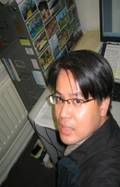
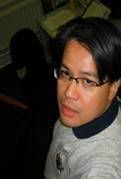





























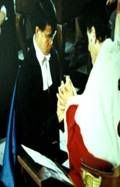


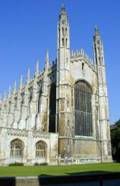
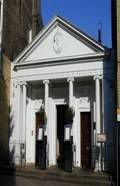

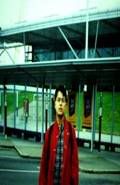


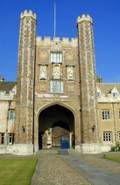
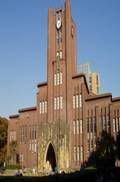

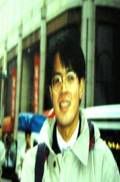
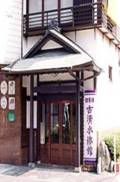
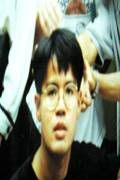
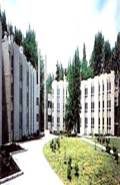






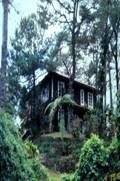
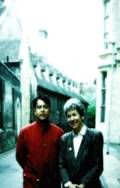

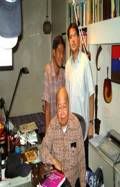
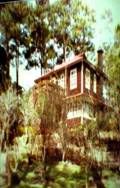
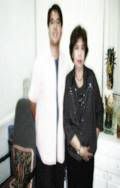
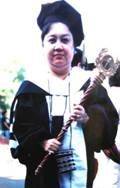
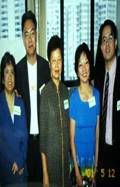
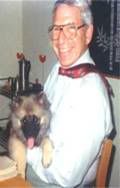
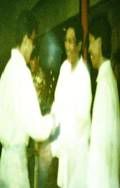

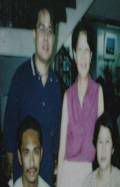
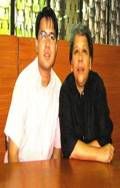
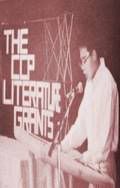
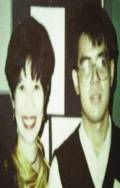
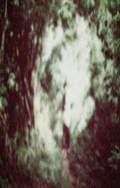
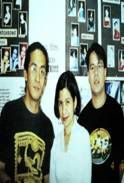
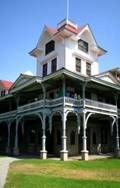

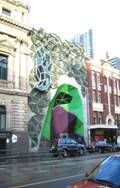
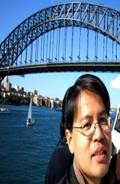







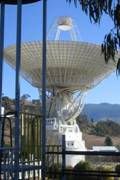


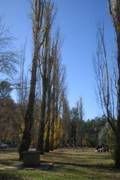

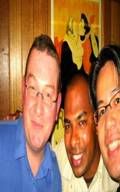
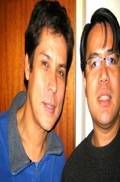
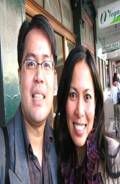
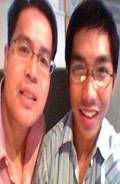
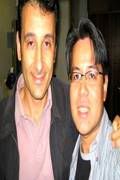
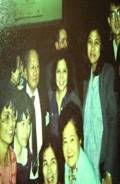
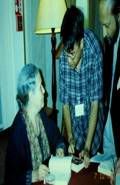
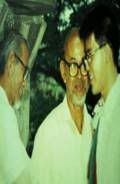
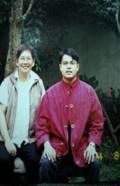
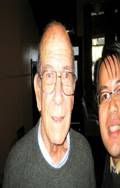
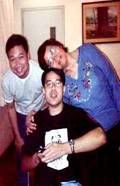
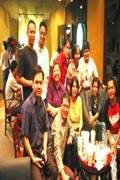
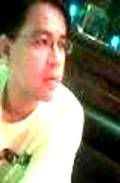
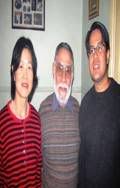
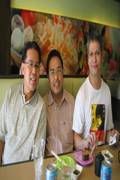
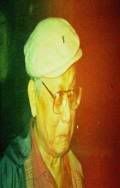
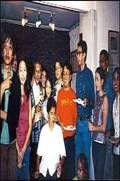
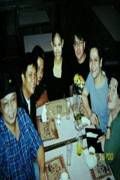
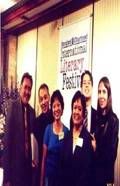
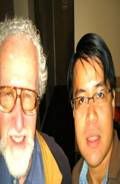
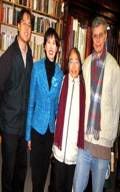
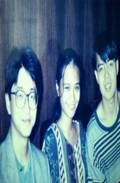
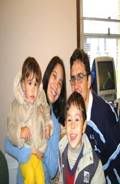
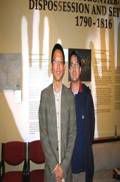
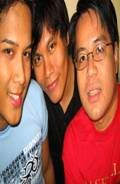
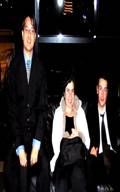
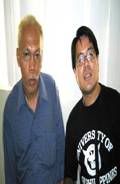
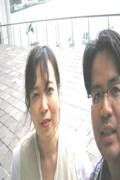
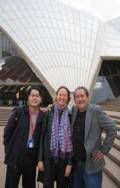
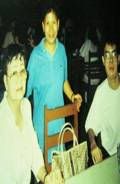
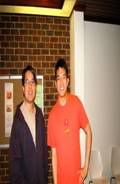
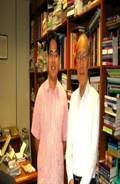
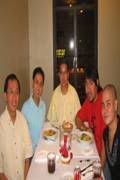
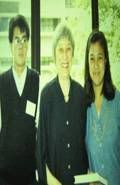
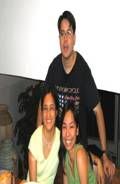
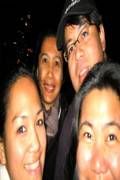
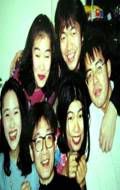

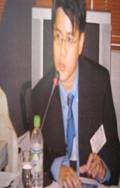
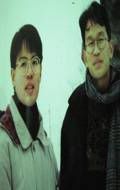
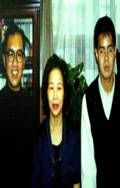
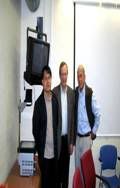
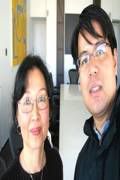
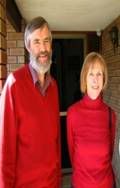
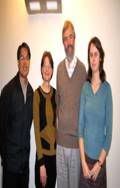
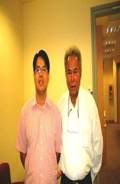
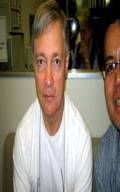
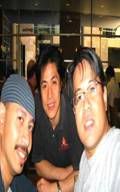
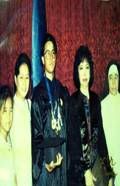
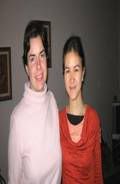
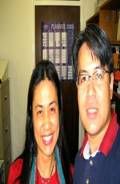
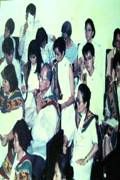
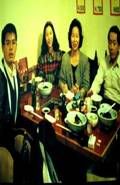
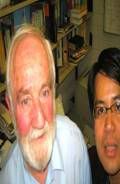
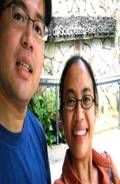
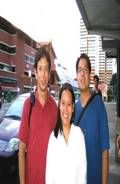
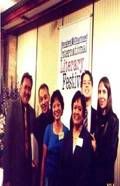
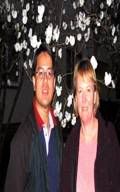
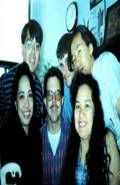


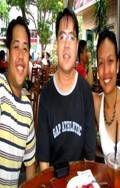
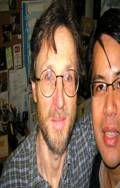
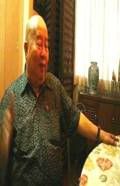

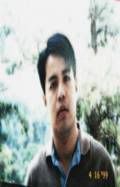
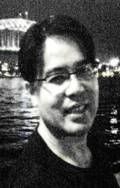
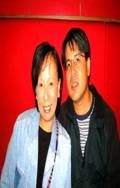
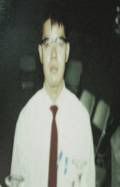
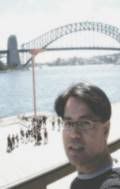
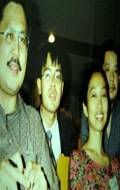
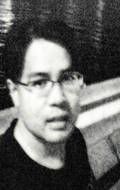
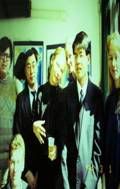
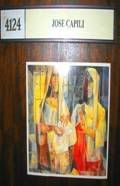
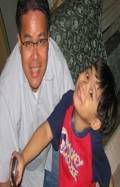
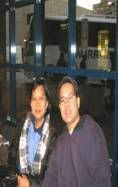
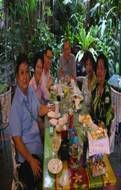
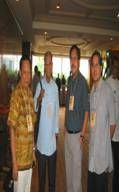
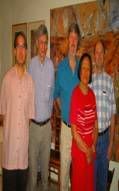
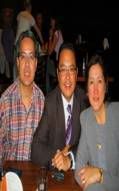
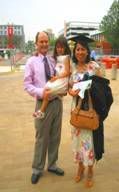
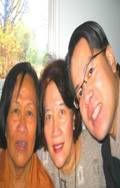
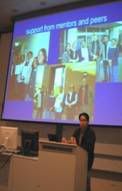
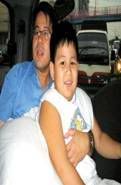
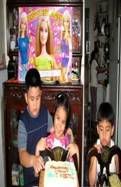
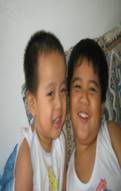

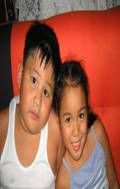
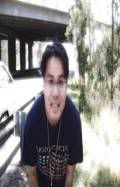

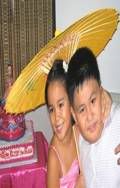
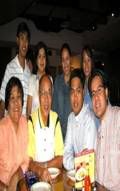
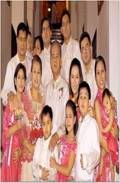







0 Comments:
Post a Comment
<< Home